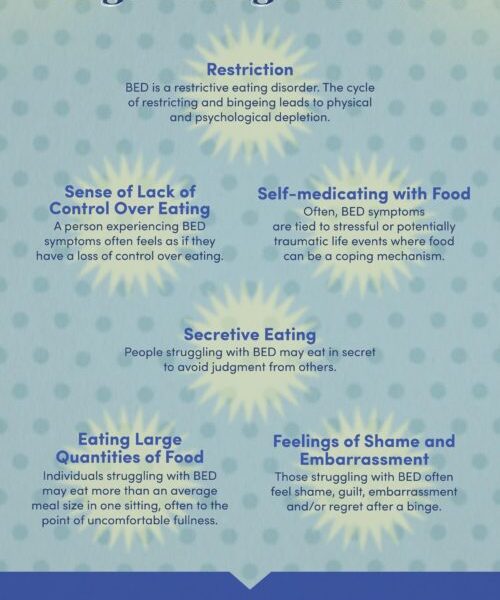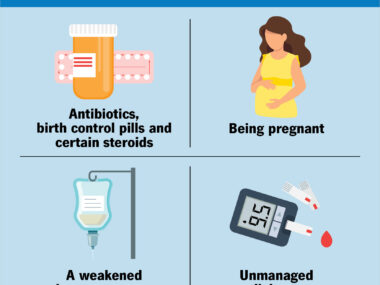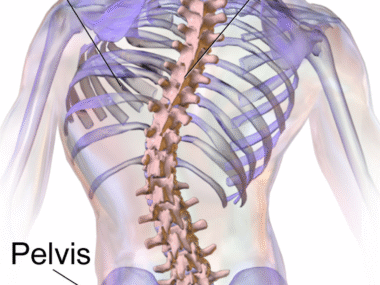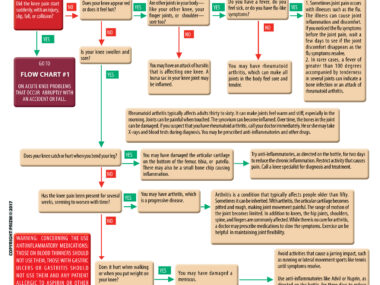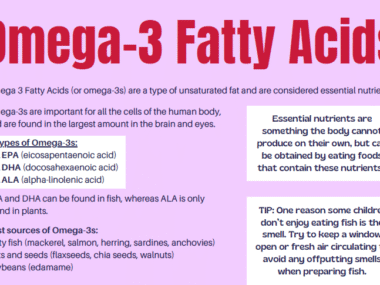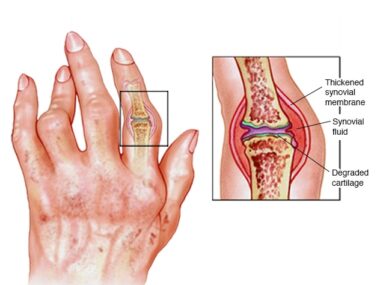What Is Binge Eating Disorder
Binge eating disorder is a serious condition that affects millions of individuals around the world. This eating disorder is characterized by recurrent episodes of consuming large amounts of food, often feeling out of control during these episodes. People with binge eating disorder often eat rapidly and until they are uncomfortably full, leading to feelings of guilt, shame, and distress afterwards. Whether triggered by stress, emotions, or boredom, binge eating disorder can have profound physical and emotional consequences.

In this article, we will delve into the intricacies of binge eating disorder, exploring its causes, symptoms, and available treatment options. We will examine the differences between binge eating disorder and other eating disorders, such as bulimia nervosa and anorexia nervosa, providing readers with a comprehensive understanding of this complex condition.
Through expert insights and research, we aim to shed light on the prevalence of binge eating disorder, debunk common misconceptions, and foster empathy and support for those who are affected by this often-misunderstood condition.
Join us as we explore the depths of binge eating disorder and help demystify this serious health issue.
Signs and Symptoms of Binge Eating Disorder
Binge eating disorder manifests through various signs and symptoms that are both physical and psychological. Individuals with this disorder often experience episodes of uncontrollable eating, consuming large quantities of food in a short period. They may eat even when not hungry and continue to eat even when uncomfortably full. Feelings of guilt, shame, and distress are common after a binge-eating episode.
People with binge eating disorder often exhibit secretive behaviors around food, such as hoarding or hiding food. They may also engage in eating in isolation to avoid judgment or scrutiny. Binge eating episodes are typically accompanied by a lack of control, where individuals consume food quickly and without the ability to stop or regulate their intake.
Emotional and psychological symptoms are prevalent in individuals with binge eating disorder. They may experience feelings of low self-esteem, depression, anxiety, and body dissatisfaction. Binge eating episodes are often used as a maladaptive coping mechanism to deal with emotional distress or to numb negative emotions.
Causes and Risk Factors of Binge Eating Disorder
The exact cause of binge eating disorder is not fully understood, but several factors contribute to its development. Biological, psychological, and environmental factors play a role in the onset of this disorder.
Biologically, individuals with binge eating disorder may have abnormalities in brain chemistry that affect their appetite and impulse control. Hormonal imbalances, such as leptin deficiency, can also contribute to an increased risk of developing this disorder.
Psychologically, individuals with binge eating disorder often struggle with emotional regulation and self-esteem issues. This disorder may serve as a way to cope with negative emotions, stress, or traumatic experiences. Additionally, individuals with a history of dieting or restrictive eating patterns are more prone to developing binge eating disorder.
Environmental factors, such as societal pressure to attain a certain body shape or size, can contribute to the development of binge eating disorder. Childhood trauma, dysfunctional family dynamics, and a culture that emphasizes thinness can also increase the risk of developing this disorder.
The Impact of Binge Eating Disorder on Physical and Mental Health
Binge eating disorder has a significant impact on both physical and mental health. The excessive consumption of large amounts of food can lead to weight gain and obesity, which in turn increases the risk of developing various health conditions, including diabetes, heart disease, and high blood pressure. Individuals with binge eating disorder may also experience gastrointestinal issues, such as bloating, indigestion, and stomach pain.
Moreover, the emotional toll of binge eating disorder can be severe. Feelings of guilt, shame, and embarrassment often accompany binge eating episodes, leading to a negative self-image and reduced self-esteem. The constant preoccupation with food, body weight, and shape can consume an individual’s thoughts, affecting their overall mental well-being.
Binge eating disorder is also associated with a higher risk of developing other mental health conditions, such as depression, anxiety disorders, and substance abuse. The cyclical nature of this disorder, with episodes of binge eating followed by periods of restriction or dieting, can exacerbate emotional distress and contribute to a vicious cycle of disordered eating behaviors.
Diagnosis and Treatment Options for Binge Eating Disorder
Diagnosing binge eating disorder involves a comprehensive evaluation by a healthcare professional. They will assess the individual’s eating patterns, symptoms, and the impact of the disorder on their physical and mental health. Diagnostic criteria outlined in the Diagnostic and Statistical Manual of Mental Disorders (DSM-5) are used to determine the presence of binge eating disorder.
Treatment for binge eating disorder typically involves a multidisciplinary approach, addressing the physical, psychological, and emotional aspects of the disorder. Psychotherapy, such as cognitive-behavioral therapy (CBT), is often used to help individuals develop healthier coping mechanisms, identify triggers, and challenge negative thoughts and beliefs surrounding food and body image.
In some cases, medication may be prescribed to manage underlying mental health conditions, such as depression or anxiety. Nutrition counseling and education play a crucial role in helping individuals establish a balanced and sustainable approach to eating, promoting a healthy relationship with food.
Support groups and peer support can also be beneficial for individuals with binge eating disorder. Connecting with others who share similar experiences can provide a sense of understanding, validation, and encouragement throughout the recovery process.
Strategies for Managing and Overcoming Binge Eating Disorder
Managing and overcoming binge eating disorder requires a combination of self-care strategies and professional support. It is essential to develop healthy coping mechanisms to manage stress, emotions, and triggers that may lead to binge eating episodes.
Practicing mindful eating can help individuals become more aware of their hunger and fullness cues, as well as the emotional factors that may influence their eating behaviors. Engaging in regular physical activity not only promotes physical health but also serves as a positive outlet for stress and emotions.
Building a support network of trusted individuals who can provide guidance, encouragement, and accountability is crucial. This may include friends, family members, therapists, or support groups. Sharing experiences and challenges with others who understand can foster a sense of belonging and reduce feelings of isolation.
Support and Resources for Individuals with Binge Eating Disorder
Numerous resources and support networks are available for individuals with binge eating disorder. National eating disorder helplines, online forums, and websites dedicated to eating disorder recovery can provide valuable information, guidance, and connections to professionals who specialize in treating binge eating disorder.
It is crucial for individuals with binge eating disorder to reach out for help and support. Recovery is possible, and no one should have to face this disorder alone.
Binge Eating Disorder vs Other Eating Disorders
Binge eating disorder is often mischaracterized or overlooked in comparison to other eating disorders, such as bulimia nervosa and anorexia nervosa. While the underlying psychological and emotional factors may overlap to some extent, each disorder has its unique features and diagnostic criteria.

Unlike bulimia nervosa, individuals with binge eating disorder do not engage in compensatory behaviors, such as vomiting or excessive exercise, after a binge-eating episode. Binge eating disorder is characterized by recurrent episodes of binge eating without these compensatory behaviors.
In contrast to anorexia nervosa, individuals with binge eating disorder typically maintain a normal weight or may be overweight. Anorexia nervosa involves severe restriction of food intake and a distorted body image, whereas binge eating disorder does not have the same weight and shape-focused preoccupation.
Binge Eating Disorder in Children and Adolescents
Binge eating disorder can affect individuals of all ages, including children and adolescents. In younger individuals, the symptoms and impact of binge eating disorder may differ slightly. Parents and caregivers should be aware of the signs and symptoms, such as secretive eating, excessive food consumption, and emotional distress surrounding food and body weight.
Early intervention and treatment are crucial in preventing the long-term physical and psychological consequences of binge eating disorder. Pediatricians, therapists, and school counselors can provide guidance and appropriate referrals for diagnosis and treatment.
Conclusion and Promoting Awareness of Binge Eating Disorder
Binge eating disorder is a significant health issue that affects individuals worldwide. It is crucial to promote awareness, understanding, and support for those who are affected by this disorder. By shedding light on the signs, symptoms, and treatment options, we can contribute to reducing the stigma surrounding binge eating disorder and encourage early intervention and recovery.
If you or someone you know is struggling with binge eating disorder, remember that help is available. Reach out to healthcare professionals, support networks, and resources dedicated to eating disorder recovery. Together, we can create a supportive and compassionate environment for individuals affected by binge eating disorder.
